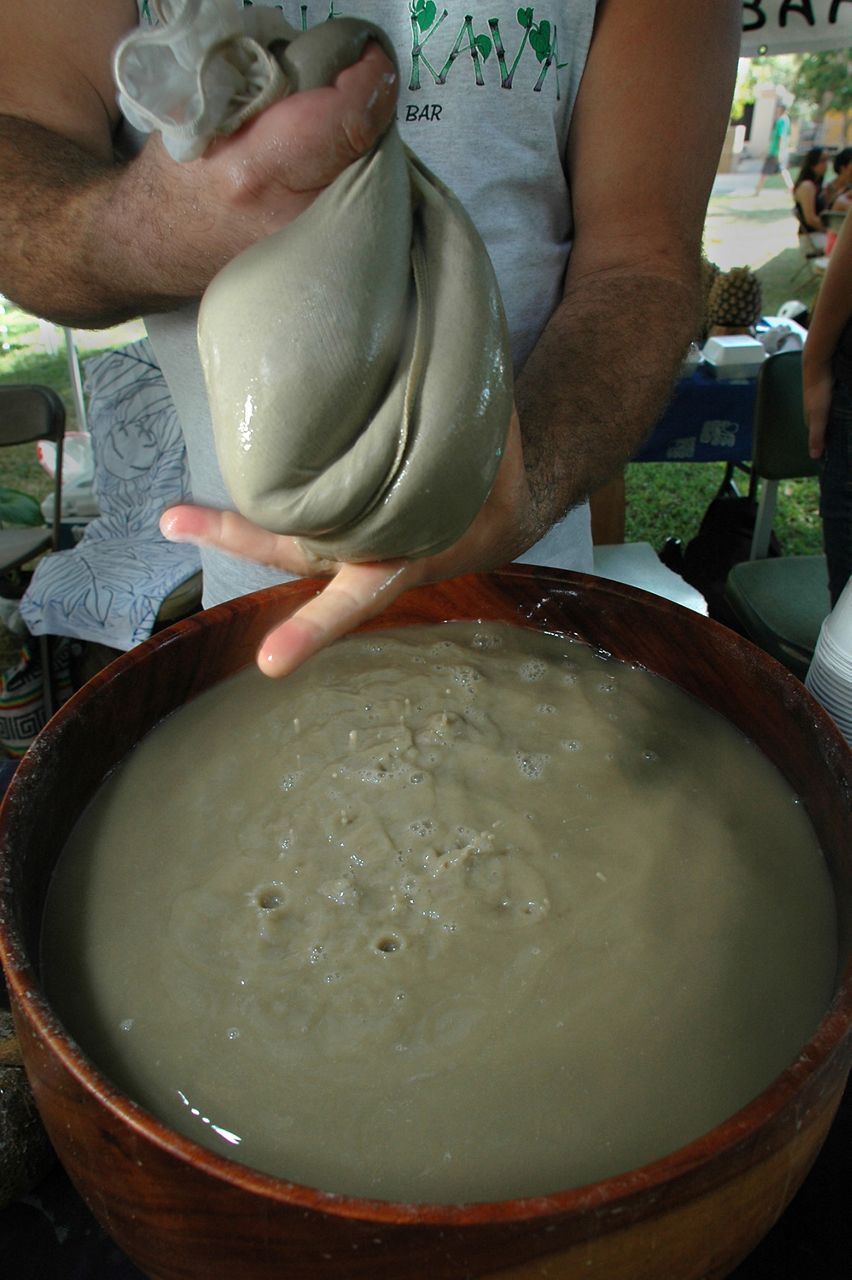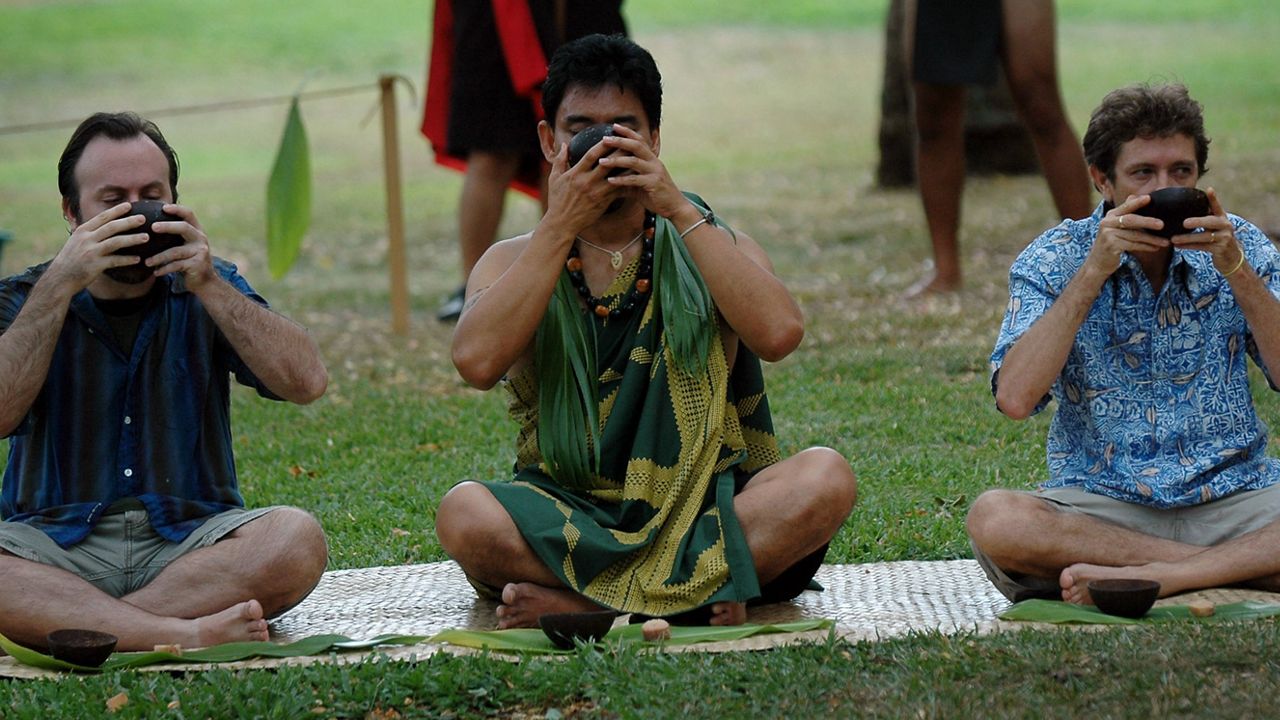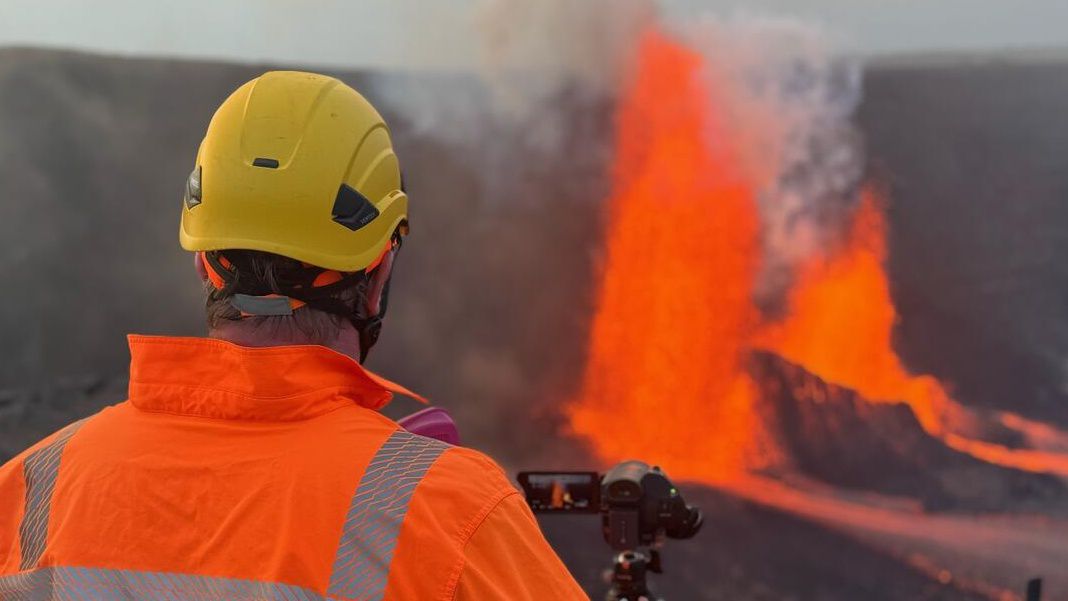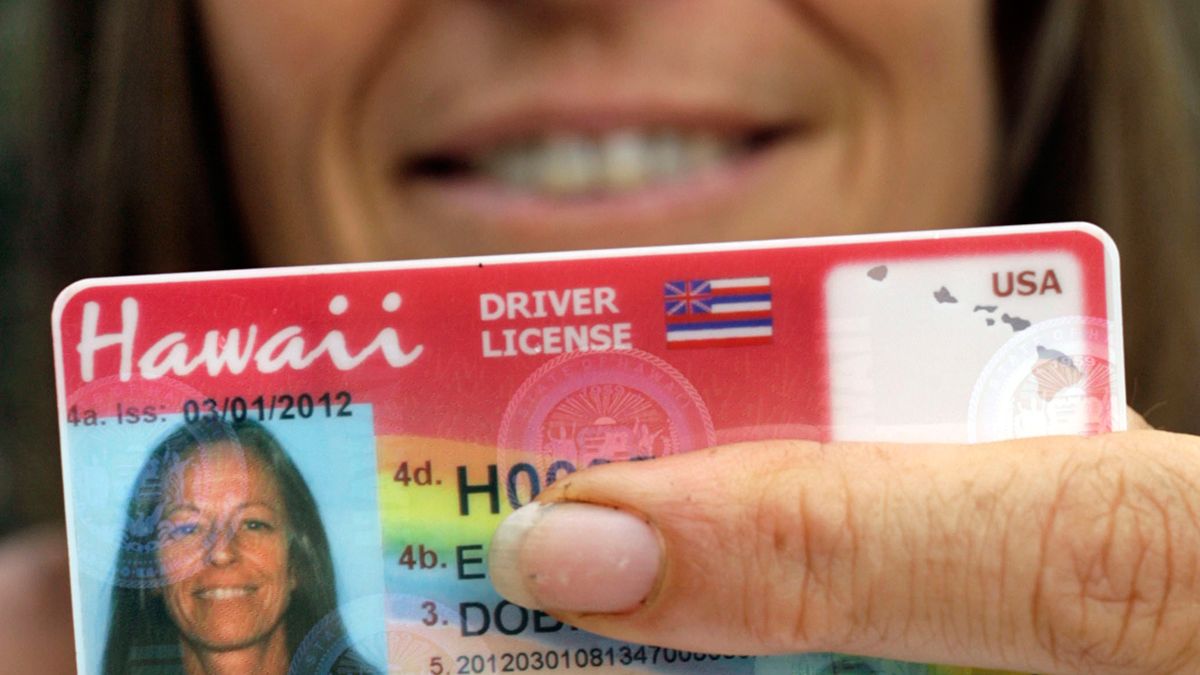HONOLULU — Kava (also known as ʻawa) is a drink traditionally consumed by Native Hawaiians and other Pacific Islanders, which has relaxing and numbing effects. It is made by pounding the roots of the kava plant and soaking them in water.
The Department of Health announced last week they determined kava is “safe” to drink in its traditional form.
DOH’s determination was in response to a 2020 U.S. Food and Drug Administration memorandum that concluded ʻawa is not safe for human consumption. However, the FDA looked at studies that use organic ʻawa extraction, which involves using ethanol or a similar solvent to extract kavalactones, the active ingredient in ʻawa roots. This results in a much more potent extraction — up to 10 times higher — than the traditional method, which uses water extraction. According to the FDA, a highly concentrated amount of kavalactones may cause liver toxicity.

The University of Hawaii College of Tropical Agriculture and Human Resources provided DOH with studies on ʻawa from scientific journals. These studies led the state agency to conclude that an ʻawa beverage made via water extraction meets the “Generally Recognized as Safe” standard.
With GRAS classification, ʻawa root prepared for a traditional beverage will not be considered a violation of Hawaii law. But DOH will consider other preparations or uses of ʻawa illegal.
Michelle Broder Van Dyke covers the Hawaiian Islands for Spectrum News Hawaii. Email her at michelle.brodervandyke@charter.com.








